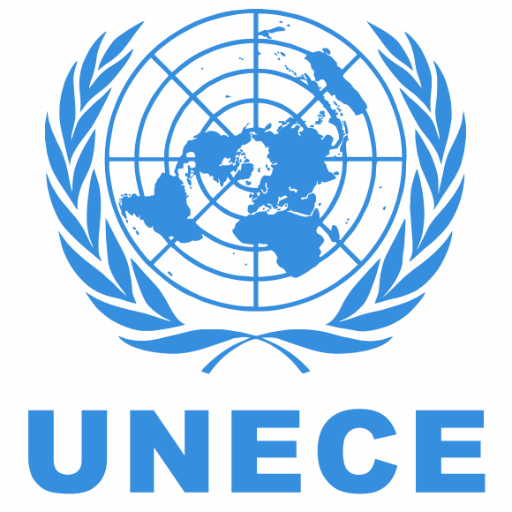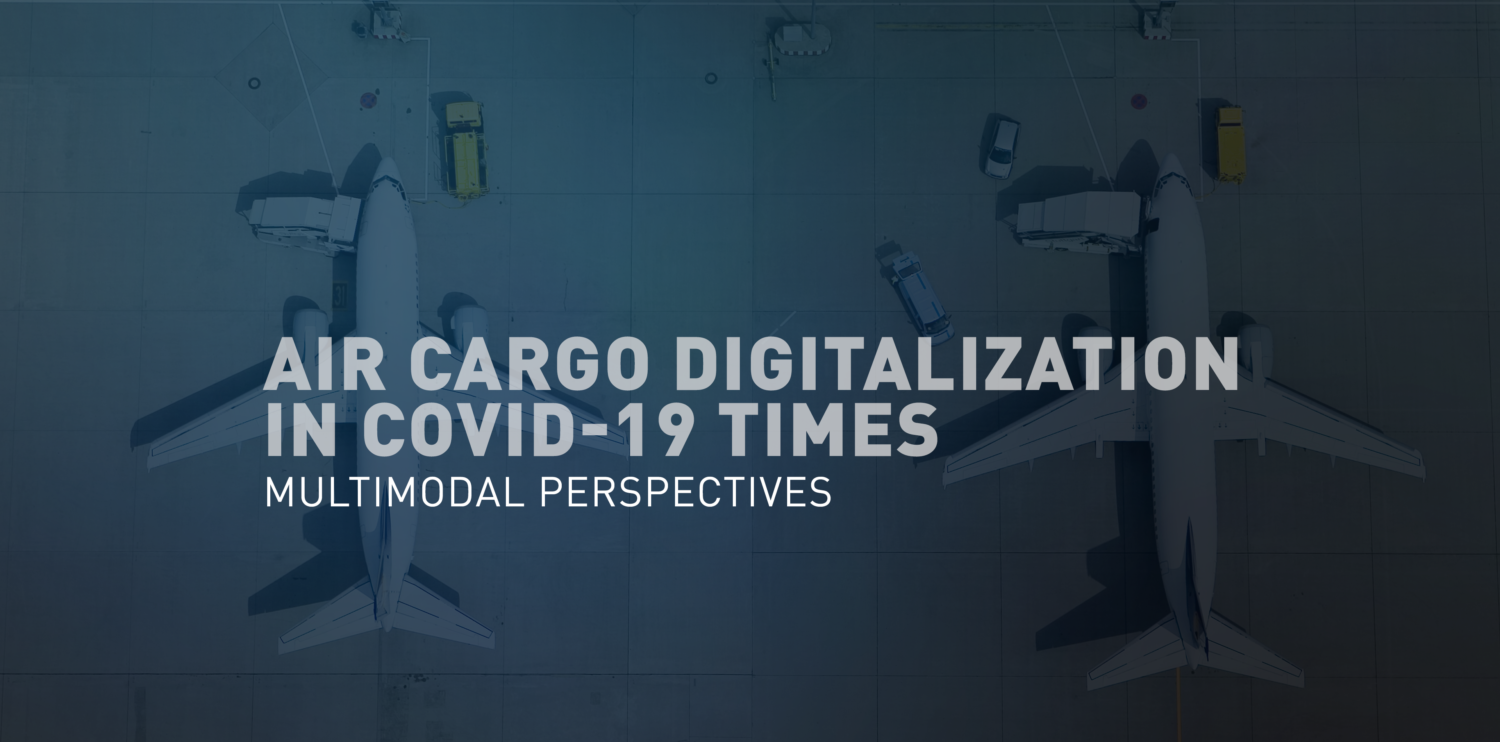ICAO and the United National Economic Commission for Europe (UNECE) are developing and offering technical specifications on the digitalization of multimodal transport data and document exchange to member States and other stakeholders as international public goods, and this at a time when the world needs them most. Public health concerns over COVID-19 are a new driving force behind the digitalization of air cargo and the broader supply chain, and this will be enduring.
 The safety, security, efficiency, and resiliency of supply chains will benefit from air cargo digitalization. Meanwhile, e-commerce and other trends are transferring control of cargo flows to the consumer and away from manufacturers, which reflects significant evolution in the marketplace.
The safety, security, efficiency, and resiliency of supply chains will benefit from air cargo digitalization. Meanwhile, e-commerce and other trends are transferring control of cargo flows to the consumer and away from manufacturers, which reflects significant evolution in the marketplace.
Exemplifying the development and implementation of the innovative of trade facilitation policies and initiatives needed for global economic recovery, ICAO and UNECE strengthened their cooperation in this area through a webinar that took place on 21 April 2021. The initiative and the progress achieved at this occasion reinforced a United Nations-wide effort to ensure interoperability in multimodal transport data and document flows to increase safety and efficiency in international transport and supply chains.
The standards and solutions that the two organizations work on are aligned with the UN/CEFACT standards. UNECE experts working under the multiagency UN Development Account project on connectivity, trade and transport issues during the pandemic have already developed standards and artifacts for the key documents accompanying goods in the road, rail, maritime and inland water transport. Now they are starting the development of standards for the digitalization of three air cargo documents: airwaybill, dangerous goods declaration, and consignment security declaration.
The supply chain is inherently multimodal and instruments such as the UN/CEFACT Multimodal Transport Reference Data Model (MMT RDM) represent integrated solutions that will be indispensable tools for advancing digital trade, meeting the needs of the future marketplace. Including air cargo in the work on implementing MMT RDM and efforts to harmonize standards for the digitalization of multimodal transport data exchange will be an important step in developing an integrated approach to transport policy, encompassing all the air cargo and mail supply chains.
Member States and supply chain actors (e.g., air carriers, airports, freight forwarders) should consider ways in which they can support pilot implementation of the UN/CEFACT deliverables for the aforementioned three pilot air cargo documents, along with other tools to be published on the web site of the UN interagency project. Meanwhile, ICAO will continue to play an active role in helping States maximize the contribution of air cargo to economic recovery in COVID-19 times through leadership in trade facilitation initiatives—including digitalization—and guidance.
More specifically, ICAO and UNECE are currently inviting governments and other private sectors, supply chain actors in Eastern Europe, the Caucasus and Central Asia to volunteer for implementing pilot projects. In light of their geographic location between major markets, these regions have added urgency and appeal vis-a-vis the implementation of the mentioned digital trade tools and policies.
Recently we conducted a webinar “Air Cargo Digitalization in COVID-19 Times: Multimodal Perspectives” that will be part of an ICAO series on digitalization. In this series ICAO is promoting the concept of air cargo digitalization and raising awareness among States’ civil aviation administrations, customs authorities, economic regulators, and industry stakeholders of the fundamental role of air cargo transportation system as part of the broader supply chain that will drive global economic recovery.

Tailored to the States in the geographic region stretching from the lower Danube to Central Asia, this edition will have added focus on multimodal transport, particularly the increasing number of multimodal transport enterprises and opportunities for air cargo stakeholders to digitalize their operations in a way to benefit from this trend. Importantly, this webinar will reinforce relevant ICAO CART provisions surrounding “clean” cargo, as detailed in the Public Health Corridor concept, and other guidance material.


